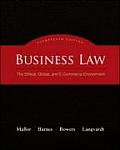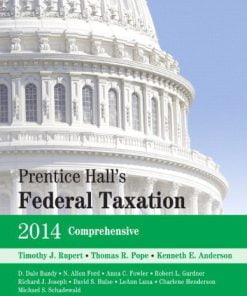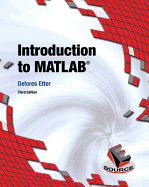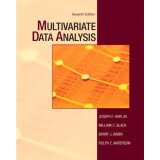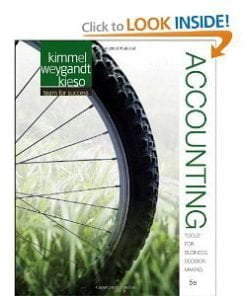Solution Manual for Modern Physics, 2/E 2nd Edition Randy Harris
$35.00 Original price was: $35.00.$26.50Current price is: $26.50.
Solution Manual for Modern Physics, 2/E 2nd Edition Randy Harris
This is completed downloadable of Solution Manual for Modern Physics, 2/E 2nd Edition Randy Harris
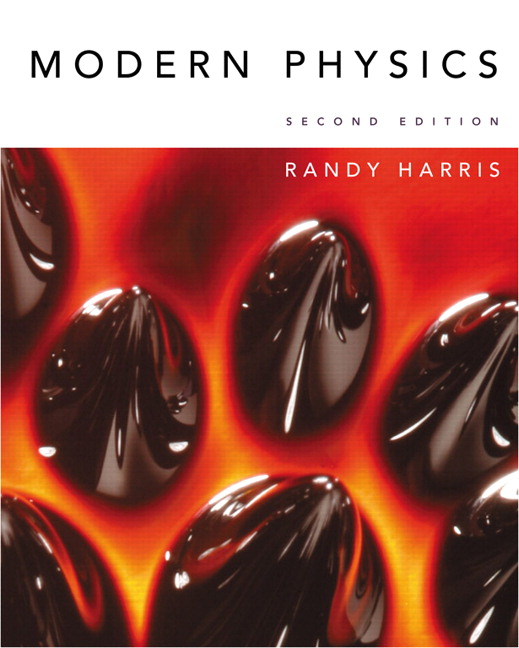
Product Details:
- ISBN-10 : 0805303081
- ISBN-13 : 978-0805303087
- Author: Randy Harris
Modern Physics, Second Edition provides a clear, precise, and contemporary introduction to the theory, experiment, and applications of modern physics. Ideal for both physics majors and engineers, this eagerly awaited second edition puts the modern back into modern physics courses. Pedagogical features throughout the text focus the reader on the core concepts and theories while offering optional, more advanced sections, examples, and cutting-edge applications to suit a variety of students and courses. Critically acclaimed for his lucid style, in the second edition, Randy Harris applies the same insights into recent developments in physics, engineering, and technology.
Table of Contents
Contents Sections marked with a [insert optional icon] are optional and at the same level as the main sections. Sections marked with a [insert advanced icon] are optional and more advanced. Preface 1 Dawn of a New Age 1.1 Troubling Questions 1.2 A Glimpse at the New World 2 Special Relativity 2.1 Basic Ideas 2.2 Consequences of Einstein?s Postulates 2.3 The Lorentz Transformation Equations 2.4 The Twin Paradox 2.5 The Doppler Effect 2.6 Velocity Transformation 2.7 Momentum and Energy 2.8 General Relativity and Cosmology 2.9 The Light Barrier 2.10 The Fourth Dimension Progress and Applications Summary Exercises 3 Waves and Particles I: Electromagnetic Radiation Behaving as Particles 3.1 Blackbody Radiation: A New Fundamental Constant 3.2 The Photoelectric Effect 3.3 The Production of X Rays 3.4 The Compton Effect 3.5 Pair Production 3.6 Is it a Wave, or a Particle? Progress and Applications Summary Exercises 4 Waves and Particles II: Matter Behaving as Waves 4.1 A Two-Slit Experiment 4.2 Properties of Matter Waves 4.3 The Free-Particle Schr¿dinger Equation 4.4 The Uncertainty Principle 4.5 The Not-Unseen Observer 4.6 The Bohr Model of the Atom 4.7 Mathematical Basis of the Uncertainty Principle?The Fourier Transform Progress and Applications Summary Exercises 5 Bound States: Simple Cases 5.1 The Schr¿dinger Equation 5.2 Stationary States 5.3 Physical Conditions: Well-Behaved Functions 5.4 A Review of Classical Bound States 5.5 Case 1: Particle in a Box?Infinite Well 5.6 Case 2: The Finite Well 5.7 Case 3: The Simple Harmonic Oscillator 5.8 Expectation Values, Uncertainties, and Operators 5.9 Nonstationary States 5.10 The Computer Approach 5.11 Well-defined Observables: Eigenvalues Progress and Applications Summary Exercises 6 Unbound States: Obstacles, Tunneling and Particle-Wave Propagation 6.1 The Potential Step 6.2 The Potential Barrier and Tunneling 6.3 Alpha Decay and Other Applications 6.4 Particle-Wave Propagation Progress and Applications Summary Exercises 7 Quantum Mechanics in Three Dimensions and The Hydrogen Atom 7.1 The Schr¿dinger Equation in Three Dimensions 7.2 The 3D Infinite Well 7.3 Energy Quantization and Spectral Lines in Hydrogen 7.4 The Schr¿dinger Equation for a Central Force 7.5 Angular Behavior in a Central Force 7.6 The Hydrogen Atom 7.7 Radial Probability 7.8 Hydrogenlike Atoms 7.9 A Solution Examined 7.10 Photon Emission: Rules and Rates Progress and Applications Summary Exercises 8 Spin and Atomic Physics 8.1 Evidence of Angular Momentum Quantization: A New Property 8.2 Identical Particles 8.3 The Exclusion Principle 8.4 Multielectron Atoms and the Periodic Table 8.5 Characteristic X Rays 8.6 The Spin-Orbit Interaction 8.7 Adding Angular Momenta 8.8 External Magnetic Fields and the Z-axis 8.9 Excitation Spectra Progress and Applications Summary Exercises 9 Statistical Mechanics 9.1 A Simple Thermodynamic System 9.2 Entropy and Temperature 9.3 The Boltzmann Distribution 9.4 Classical Averages 9.5 Quantum Distributions 9.6 The Quantum Gas 9.7 Massless Bosons: The Photon Gas 9.8 The Laser 9.9 Specific Heats Progress and Applications Summary Exercises 10 Bonding: Molecules and Solids 10.1 When Atoms Come Together 10.2 Molecules 10.3 Rotation and Vibration 10.4 Crystalline Solids 10.5 Energy Bands and Electrical Conduction 10.6 Conductors, Insulators and Semiconductors 10.7 Semiconductor Theory 10.8 Semiconductor Devices 10.9 Superconductivity 10.10 Fullerenes Progress and Applications Summary Exercises 11 Nuclear Physics 11.1 Basic Structure 11.2 Binding 11.3 Nuclear Models 11.4 Nuclear Magnetic Resonance and MRI 11.5 Radioactivity 11.6 The Radioactive Decay Law 11.7 Nuclear Reactions Progress and Applications Summary Exercises 12 Fundamental Particles and Interactions 12.1 How Forces Act 12.2 Antiparticles 12.3 Forces and Particles: How Many? 12.4 Particle Production and Detection 12.5 Decay Modes and Conservation Rules in the Standard Model 12.6 Parity, Charge Conjugation, and Time Reversal 12.7 Unified Theories and Cosmology Progress and Applications Summary Exercises Appendices A The Michelson-Morley Experiment B Lorentz Transformation: Plotting Events C Planck?s Blackbody Radiation Law D Solving for the Fourier Transform E The Momentum Operator F Time-Evolution of a Gaussian Wave Packet G The Operator for L2 H Energy Distributions I Properties of Isotopes J Probability, Mean, Standard Deviation and Numbers of Ways K Some Important Math Solutions to selected Exercises Index
People Also Search:
modern physics 2/e
modern physics 2/e 2nd edition randy harris
modern physics 2/e 2nd edition
modern physics 2/e 2nd edition download scribd
modern physics 2/e 2nd edition solution manual download pdf
modern physics randy harris
Related products
Solution Manual
Solution Manual
Solution Manual
Prentice Hall’s Federal Taxation 2014 Comprehensive Rupert 27th Edition Solutions Manual
Solution Manual
Solution manual for Accounting: Tools for Business Decision Making Kimmel Weygandt Kieso 5th Edition
Solution Manual
Management Information Systems Managing the Digital Firm Laudon 14th Edition Solutions Manual





